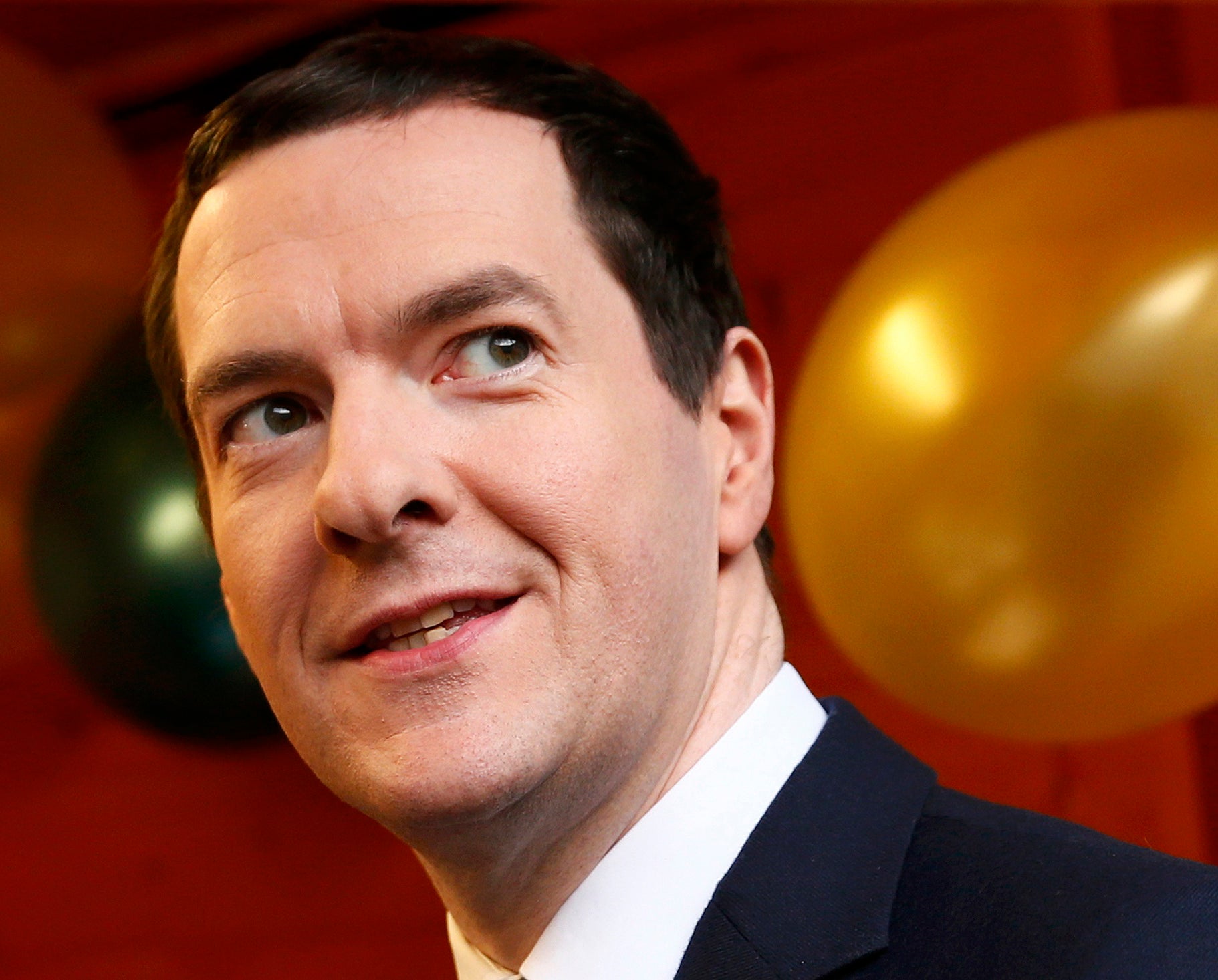George Osborne held two meetings with Rupert Murdoch before deciding on BBC cuts, HM Treasury confirms
Disclosure part of massive dump of government documents published just before the seasonal parliamentary break

Your support helps us to tell the story
From reproductive rights to climate change to Big Tech, The Independent is on the ground when the story is developing. Whether it's investigating the financials of Elon Musk's pro-Trump PAC or producing our latest documentary, 'The A Word', which shines a light on the American women fighting for reproductive rights, we know how important it is to parse out the facts from the messaging.
At such a critical moment in US history, we need reporters on the ground. Your donation allows us to keep sending journalists to speak to both sides of the story.
The Independent is trusted by Americans across the entire political spectrum. And unlike many other quality news outlets, we choose not to lock Americans out of our reporting and analysis with paywalls. We believe quality journalism should be available to everyone, paid for by those who can afford it.
Your support makes all the difference.George Osborne held two private meetings with Rupert Murdoch in June this year before the Treasury informed the BBC that it was imposing a £650 million cut to its budget.
Details of the meetings between the Chancellor and the global head of News Corp were revealed in new data published by HM Treasury. The disclosure was part of a massive dump of government documents published just before the seasonal parliamentary break.
No specific information was given about the content of the meetings. They were described simply as a “general discussion.”
In July this year The Independent reported that a meeting between the two men had taken place before the BBC Director-general, Lord Hall, was informed of the government’s plan to force the corporation to accept new financial responsibilities that would affect its programme output.
Although Labour asked the Chancellor to release details of the meetings in “good faith” by fast-tracking the release of transparency data, Downing Street remained silent.
Six months on, confirmation of the Murdoch-Osborne meetings will worry News Corp’s competitors, including the BBC.
Labour claimed there was a “public interest” in the information being disclosed because of the potentially substantial economic benefits that would come to Mr Murdoch’s UK businesses from a shrunken and less powerful BBC.
Join our commenting forum
Join thought-provoking conversations, follow other Independent readers and see their replies
Comments